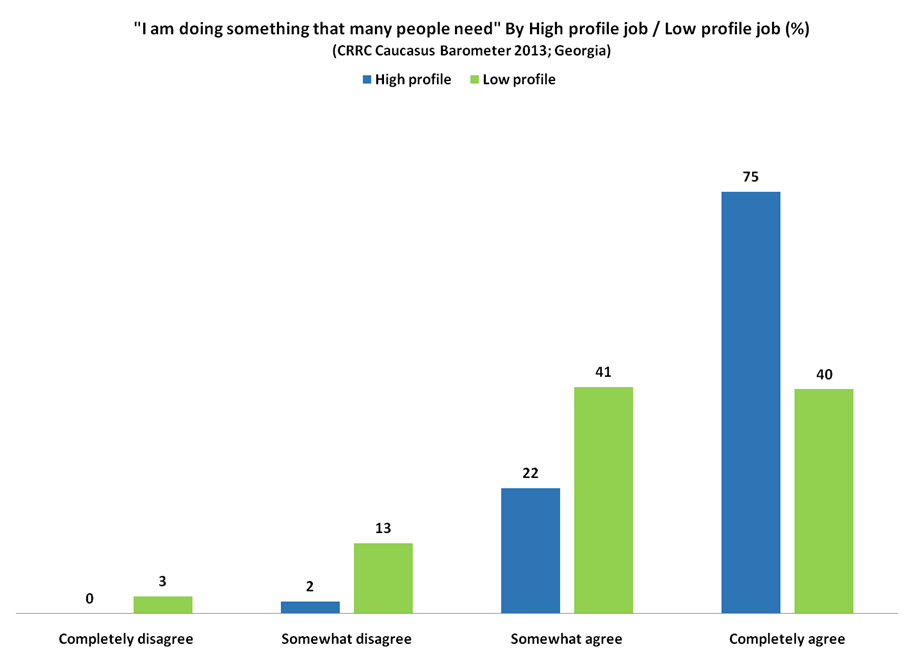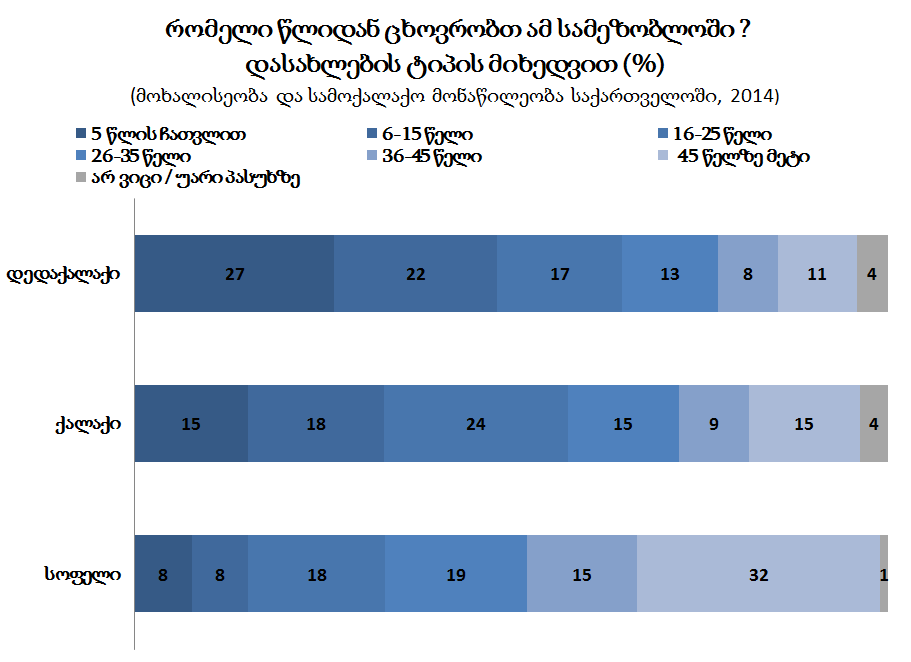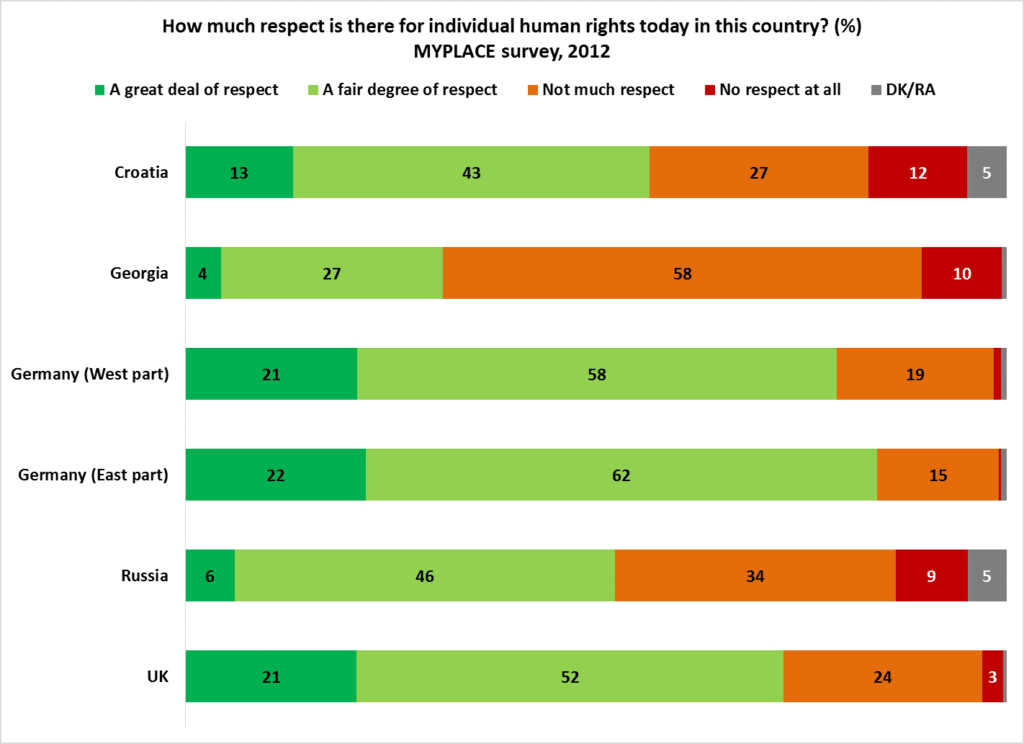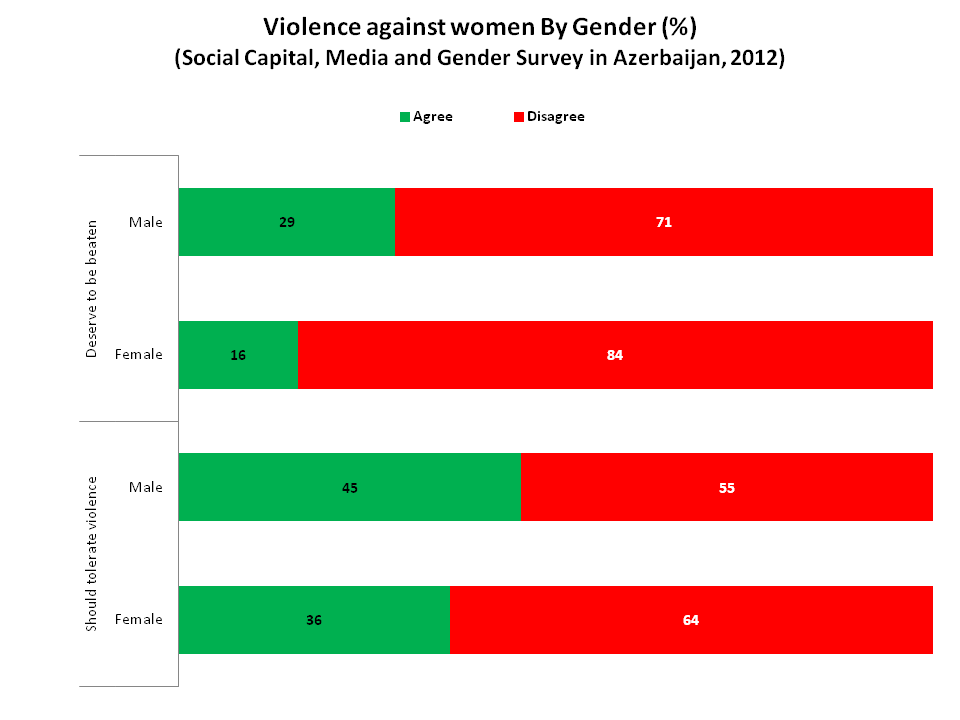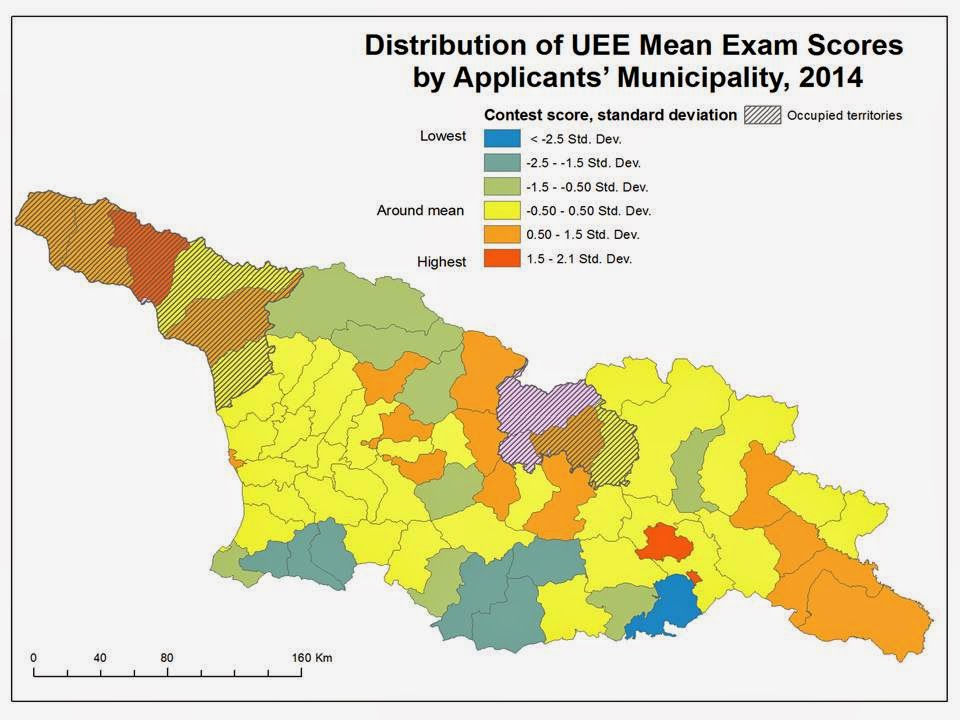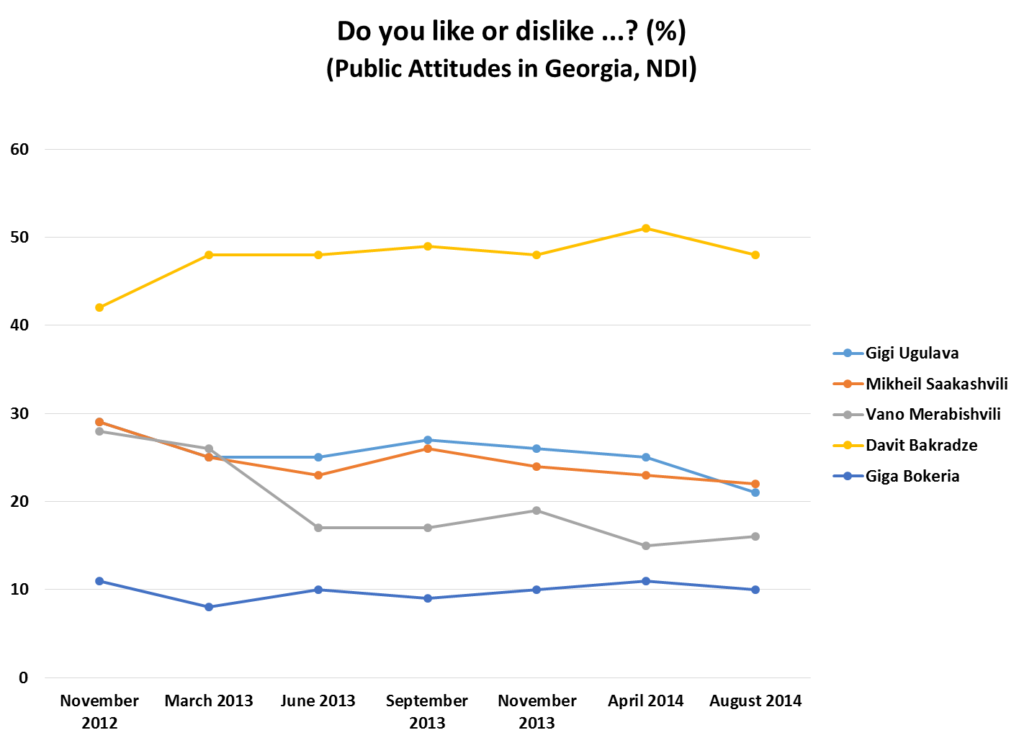
In October 2012, the Georgian Dream Coalition (GDC) obtained 54.97% of the party list vote, winning the majority of seats in Parliamentary elections.
Here you can find blogs written by researchers at CRRC Georgia that analyse trends in the region and are mainly based on the survey data conducted by CRRC Georgia. These articles first appear on OC Media’s Caucasus Data Blog as part of the collaboration between CRRC Georgia and OC Media.

